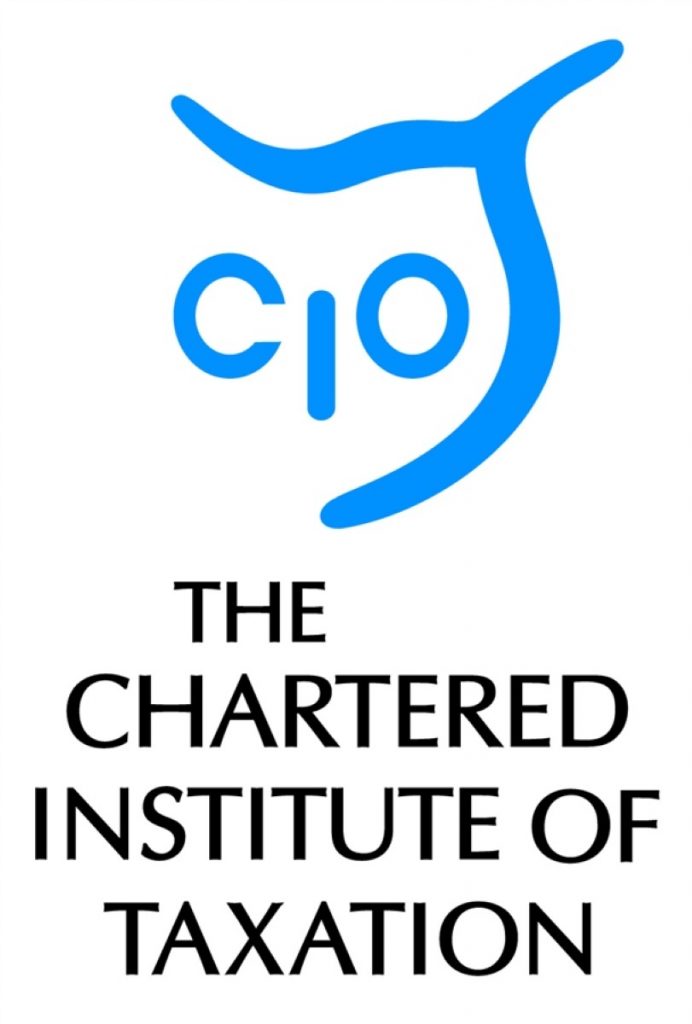CIOT: Questions remain over business record checks, say tax advisers
A number of serious questions remain unanswered over HM Revenue & Customs’ (HMRC’s) Business Records Checks programme, says the Chartered Institute of Taxation (CIOT). The CIOT has commented following today’s announcement by HMRC of an extension of the programme.
CIOT President Anthony Thomas said:
“The CIOT is strongly supportive of efforts to improve record keeping by business. However we continue to have serious concerns about a number of aspects of HMRC’s programme.
“During the consultation process we queried the legal basis of applying penalties before a tax return has been submitted. These questions remain. HMRC have still not provided any satisfactorily clear reasoning to justify their belief that they can change penalties in-year before the return goes in. In our view it is questionable whether HMRC have the power to do that.
“We continue to be concerned about how HMRC judge whether records are adequate – there have been some clear misunderstandings within HMRC as to what constitutes ‘adequate’ records as opposed to ‘incomplete’ records. For example, despite HMRC’s Powers team indicating that, in-year, a ‘full shoebox of invoices/receipts’ was adequate, we now understand that the new compliance team considers that retaining a set of purchase invoices without listing them is inadequate, even for the smallest businesses.
“In our view that is entirely the wrong approach. What counts as adequate records needs to have regard to the sort and size of business. That involves the exercise of judgement. Expecting the smallest businesses to have perfect records kept up to date every day is frankly unrealistic, inappropriate and wholly out of kilter with the Government’s stated aim of reducing burdens on business.
“The CIOT is also unhappy about HMRC’s handling of the process of expanding this programme. They have begun rolling out the programme before providing evidence that the trials conducted earlier this year have been cost-effective. Additionally HMRC had already started rolling out the expanded programme well before today’s announcement – communications seem very much an afterthought. That is not the way to build a good relationship with tax advisers.
“This matters, because tax advisers are an essential part of the solution in this area. Advisers understand HMRC’s frustrations about businesses that keep poor records. We are keen to work with HMRC to arrive at an appropriate and sensible approach, so that we can educate business about good practice and support them in improving their systems. But HMRC’s approach in this area seems to be a blunt instrument designed with little or no input from professional bodies, and their approach has given many the impression that their objective is more about revenue raising – through the application of substantial fines – than spreading best practice.”
Notes to Editors
1. HMRC’s consultation paper on business record checks, published earlier this year, can be found at http://tinyurl.com/brccondoc
The CIOT’s response to the consultation can be found at http://www.tax.org.uk/media_centre/LatestNews-migrated/BusinessRecordChecks
2. The Chartered Institute of Taxation (CIOT) is a charity and the leading professional body in the United Kingdom concerned solely with taxation. The CIOT’s primary purpose is to promote education and study of the administration and practice of taxation. One of the key aims is to achieve a better, more efficient, tax system for all affected by it – taxpayers, advisers and the authorities.
The CIOT’s comments and recommendations on tax issues are made solely in order to achieve its primary purpose: it is politically neutral in its work. The CIOT will seek to draw on its members’ experience in private practice, government, commerce and industry and academia to argue and explain how public policy objectives (to the extent that these are clearly stated or can be discerned) can most effectively be achieved.
The CIOT’s 15,600 members have the practising title of ‘Chartered Tax Adviser’ and the designatory letters ‘CTA’.





-01.png)